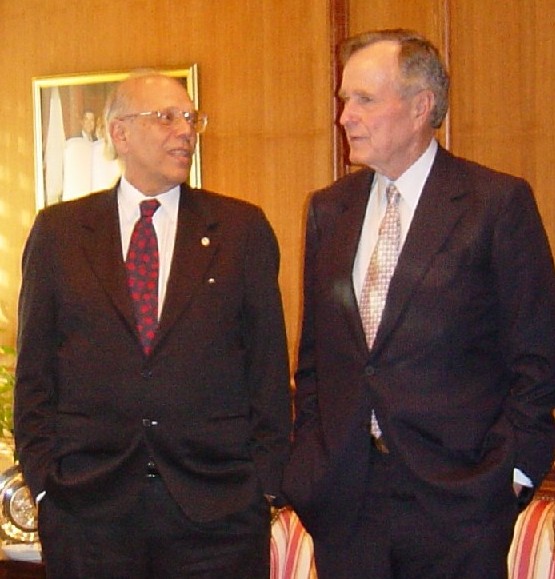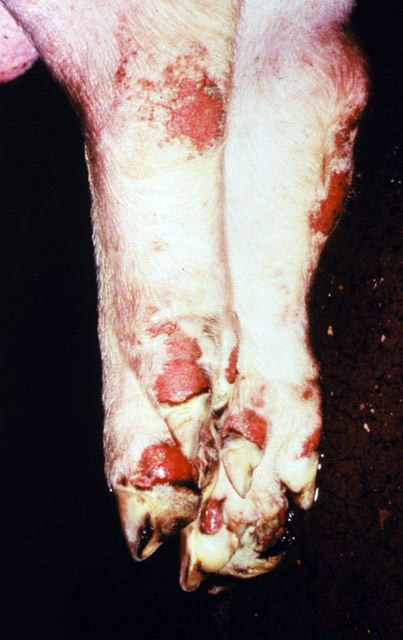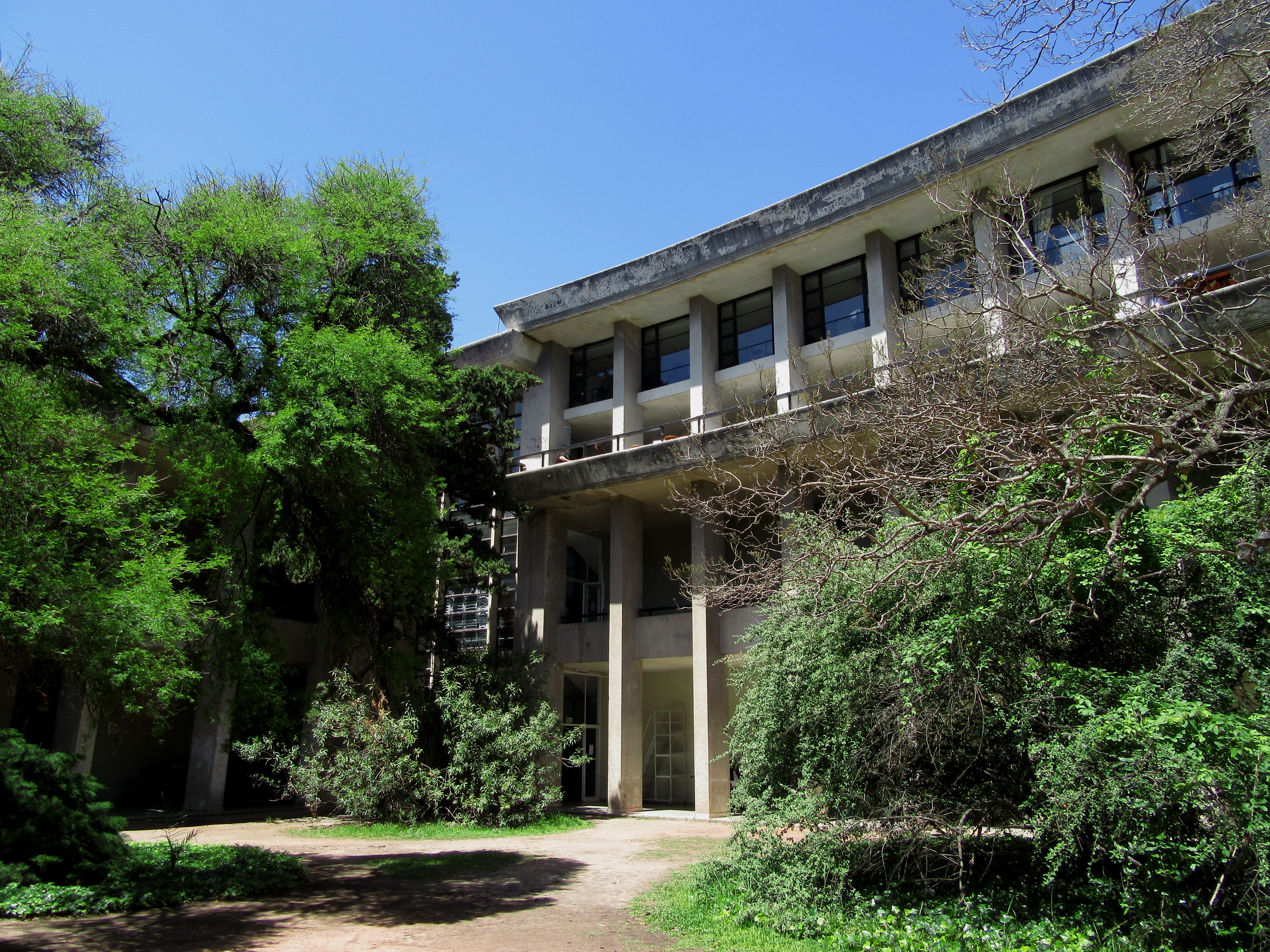|
Jorge Batlle
Jorge Luis Batlle Ibáñez (; ''Batlle'' locally or ; 25 October 1927 – 24 October 2016) was a Uruguayan politician and lawyer, and a member of the Colorado Party. He served as the President of Uruguay from 2000 to 2005. Dr. Jorge Batlle became Uruguayan president on 1 March 2000, after having been elected the previous year by popular vote. He was the fourth Uruguayan President belonging to the Batlle family, one of whom was his own father, Luis Batlle Berres. A name that is closely related to the political history of the country, Batlle began his political career in the 1950s and had served as member of the Uruguayan Congress for the Colorado Party, to which many members of his own family – which came to the River Plate from the Catalan coast at Sitges, Spain, 200 years ago – had belonged before him. Early life Batlle was born in 1927, son of Luis Batlle Berres and Matilde Ibáñez Tálice. He has two siblings, Luis (d. May 25, 2016) and Matilde. His an ... [...More Info...] [...Related Items...] OR: [Wikipedia] [Google] [Baidu] |
President Of Uruguay
The president of Uruguay ( es, Presidente del Uruguay), officially known as the president of the Oriental Republic of Uruguay (), is the head of state and head of government of Uruguay. Their rights are determined in the Constitution of Uruguay. Along with the Secretariat of the Presidency, the Council of Ministers and the director of the Office of Planning and Budget, the President is part of the executive branch. In case of absence, their office is exercised by the vice president. In turn, the president of the republic is the commander in chief of the Armed Forces. Since 1990, the president's term has begun and ended on 1 March. This same date for ending the presidency also happened during the National Council of Government (1952–1967) and it has been not unusual since 1839. The current president since 1 March 2020 is Luis Lacalle Pou, who is the 42nd president of Uruguay—and also the child of the 36th president, Luis Alberto Lacalle. Features of the office Re ... [...More Info...] [...Related Items...] OR: [Wikipedia] [Google] [Baidu] |
Río De La Plata
The Río de la Plata (, "river of silver"), also called the River Plate or La Plata River in English, is the estuary formed by the confluence of the Uruguay River and the Paraná River at Punta Gorda. It empties into the Atlantic Ocean and forms a funnel-shaped indentation on the southeastern coastline of South America. Depending on the geographer, the Río de la Plata may be considered a river, an estuary, a gulf, or a marginal sea. If considered a river, it is the widest in the world, with a maximum width of . The river is about long and widens from about at its source to about at its mouth. It forms part of the border between Argentina and Uruguay. The name Río de la Plata is also used to refer to the populations along the estuary, especially the main port cities of Buenos Aires and Montevideo, where Ríoplatense Spanish is spoken and tango culture developed. The coasts of the river are the most densely-populated areas of Uruguay and Argentina. Geography The Rí ... [...More Info...] [...Related Items...] OR: [Wikipedia] [Google] [Baidu] |
Pink Tide
The pink tide ( es, marea rosa, pt, onda rosa, french: marée rose), or the turn to the left ( es, giro a la izquierda, link=no, pt, volta à esquerda, link=no, french: tournant à gauche, link=no), is a political wave and perception of a turn towards left-wing governments in Latin American democracies moving away from the neoliberal economic model in the 21st century. As a term, both phrases are used in contemporary 21st-century political analysis in the news media and elsewhere to refer to a move toward more economic progressive or social progressive policies in Latin America. Such governments have been referred to as " left-of-centre", "left-leaning", and "radical social-democratic". They are also members of the São Paulo Forum, a conference of left-wing political parties and other organizations from the Americas. The Latin American countries viewed as part of this ideological trend have been referred to as pink tide nations, with the term ''post-neoliberalism'' or '' ... [...More Info...] [...Related Items...] OR: [Wikipedia] [Google] [Baidu] |
MERCOSUR
The Southern Common Market, commonly known by Spanish abbreviation Mercosur, and Portuguese Mercosul, is a South American trade bloc established by the Treaty of Asunción in 1991 and Protocol of Ouro Preto in 1994. Its full members are Argentina, Brazil, Paraguay, and Uruguay. Venezuela is a full member but has been suspended since 1 December 2016. Associate countries are Bolivia, Chile, Colombia, Ecuador, Guyana, Peru, and Suriname. Mercosur's origins are linked to the discussions for the constitution of a regional economic market for Latin America, which go back to the treaty that established the Latin American Free Trade Association in 1960, which was succeeded by the Latin American Integration Association in the 1980s. At the time, Argentina and Brazil made progress in the matter, signing the Iguaçu Declaration (1985), which established a bilateral commission, which was followed by a series of trade agreements the following year. The Integration, Cooperation and Deve ... [...More Info...] [...Related Items...] OR: [Wikipedia] [Google] [Baidu] |
Beef
Beef is the culinary name for meat from cattle (''Bos taurus''). In prehistoric times, humankind hunted aurochs and later domesticated them. Since that time, numerous breeds of cattle have been bred specifically for the quality or quantity of their meat. Today, beef is the third most widely consumed meat in the world, after pork and poultry. As of 2018, the United States, Brazil, and China were the largest producers of beef. Beef can be prepared in various ways; cuts are often used for steak, which can be cooked to varying degrees of doneness, while trimmings are often ground or minced, as found in most hamburgers. Beef contains protein, iron, and vitamin B12. Along with other kinds of red meat, high consumption is associated with an increased risk of colorectal cancer and coronary heart disease, especially when processed. Beef has a high environmental impact, being a primary driver of deforestation with the highest greenhouse gas emissions of any agricultu ... [...More Info...] [...Related Items...] OR: [Wikipedia] [Google] [Baidu] |
Foot-and-mouth Disease
Foot-and-mouth disease (FMD) or hoof-and-mouth disease (HMD) is an infectious disease, infectious and sometimes fatal virus (biology), viral disease that affects cloven-hoofed animals, including domestic and wild Bovidae, bovids. The virus causes a high fever lasting two to six days, followed by vesicle (dermatology), blisters inside the mouth and near the hoof that may rupture and cause lameness. FMD has very severe implications for animal farming, since it is highly infectious and can be spread by infected animals comparatively easily through contact with contaminated farming equipment, vehicles, clothing, and feed, and by domestic and wild predators. Its containment demands considerable efforts in vaccine, vaccination, strict monitoring, trade restrictions, quarantines, and the culling of both infected and healthy (uninfected) animals. Susceptible animals include cattle, domestic water buffalo, water buffalo, domestic sheep, sheep, goats, pigs, antelope, deer, and bison. It has ... [...More Info...] [...Related Items...] OR: [Wikipedia] [Google] [Baidu] |
George W
George Walker Bush (born July 6, 1946) is an American politician who served as the 43rd president of the United States from 2001 to 2009. A member of the Republican Party, Bush family, and son of the 41st president George H. W. Bush, he previously served as the 46th governor of Texas from 1995 to 2000. While in his twenties, Bush flew warplanes in the Texas Air National Guard. After graduating from Harvard Business School in 1975, he worked in the oil industry. In 1978, Bush unsuccessfully ran for the House of Representatives. He later co-owned the Texas Rangers of Major League Baseball before he was elected governor of Texas in 1994. As governor, Bush successfully sponsored legislation for tort reform, increased education funding, set higher standards for schools, and reformed the criminal justice system. He also helped make Texas the leading producer of wind powered electricity in the nation. In the 2000 presidential election, Bush defeated Democratic incumb ... [...More Info...] [...Related Items...] OR: [Wikipedia] [Google] [Baidu] |
Sovereign Default
A sovereign default is the failure or refusal of the government of a sovereign state to pay back its debt in full when due. Cessation of due payments (or receivables) may either be accompanied by that government's formal declaration that it will not pay (or only partially pay) its debts (repudiation), or it may be unannounced. A credit rating agency will take into account in its gradings capital, interest, extraneous and procedural defaults, and failures to abide by the terms of bonds or other debt instruments. Countries have at times escaped some of the real burden of their debt through inflation. This is not "default" in the usual sense because the debt is honored, albeit with currency of lesser real value. Sometimes governments devalue their currency. This can be done by printing more money to apply toward their own debts, or by ending or altering the convertibility of their currencies into precious metals or foreign currency at fixed rates. Harder to quantify than an inte ... [...More Info...] [...Related Items...] OR: [Wikipedia] [Google] [Baidu] |
2002 Uruguay Banking Crisis
The Uruguay banking crisis was a major banking crisis that hit Uruguay in July 2002. In this, a massive run on banks by depositors (most of them from neighboring Argentina) caused the government to freeze banking operations. The crisis was caused by a considerable contraction in Uruguay's economy and by over-dependence on Argentina (tourism, and construction boom), which experienced a strong phase of an economic meltdown itself in late 2001. In total, approximately 1/3 of the country's deposits were withdrawn and five financial institutions were left insolvent. According to many sources, the banking crisis could have been avoided if Uruguayan authorities had properly regulated their banks. The Central Bank of Uruguay (BCU) had trusted international banks to regulate themselves properly and was too lenient and slow in responding to the crisis. Banco Comercial del Uruguay In 1990, Chemical Overseas Holdings, Inc. (a subsidiary of JPMorgan Chase) together with Dresdner Bank Latiname ... [...More Info...] [...Related Items...] OR: [Wikipedia] [Google] [Baidu] |
University Of The Republic, Uruguay
The University of the Republic ( es, Universidad de la República, sometimes ''UdelaR'') is Uruguay's oldest public university. It is by far the country's largest university, as well as the second largest public university in South America and the world's 57th largest by enrollment, with a student body of 137,757 undergraduate students in 2018 and 6,351 postgraduate students in 2012. It was founded on 18 July 1849 in Montevideo, where most of its buildings and facilities are still located. Its current rector is Rodrigo Arim. History The process of founding the country's public university began on 11 June 1833, when a law proposed by then-Senator Dámaso Antonio Larrañaga was passed. It called for the creation of nine academic departments; the President of the Republic would pass a decree formally creating the departments once the majority of them were in operation. In 1836 the House of General Studies was formed, housing the departments of Latin, philosophy, mathematics, th ... [...More Info...] [...Related Items...] OR: [Wikipedia] [Google] [Baidu] |
Lorenzo Batlle
Lorenzo Cristóbal Manuel Batlle y Grau (August 10, 1810 in Montevideo – May 8, 1887 in Montevideo) was the president of Uruguay from 1868 to 1872. Family background and early career He was the son of a wealthy merchant loyal to the Spanish crown. Lorenzo Batlle's son José Batlle y Ordóñez, nephew Luis Batlle Berres and grand-nephew Jorge Batlle Ibáñez would also serve as presidents of Uruguay. Lorenzo Batlle was a military officer and one of the distinguished members of the Colorado Party. He served as Minister of War three times (1847-1851, 1853-1854 and 1865-1868). :es:Lorenzo Batlle He was Minister of Finance from 1856 to 1857. In March 1868 interim President Pedro Varela stepped down from the Presidency. President of Uruguay He was elected President of Uruguay, serving from 1868 to 1872. His presidency failed because of a pre-existing monetary crisis. His attempts to control the country failed and, as a result, a civil war and military uprising erupted, culm ... [...More Info...] [...Related Items...] OR: [Wikipedia] [Google] [Baidu] |







